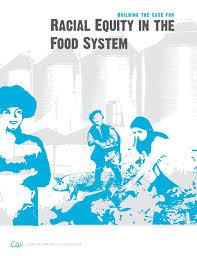The killing of Michael Brown by a police officer in Fergsuon, Missouri, and the subsequent wave of protests illuminated for a national public the deep racial inequities in greater St. Louis. We sat down with Chris Krehmeyer, head of Beyond Housing, a local community development corporation founded in 1975, to learn about how they've been building a comprehensive approach blending affordable housing, community land trusts, public health, and business development aimed at changing the systems that perperuate disinvestment in African-American communities in the St. Read more about A St. Louis organization goes above and beyond providing homes for communities...


